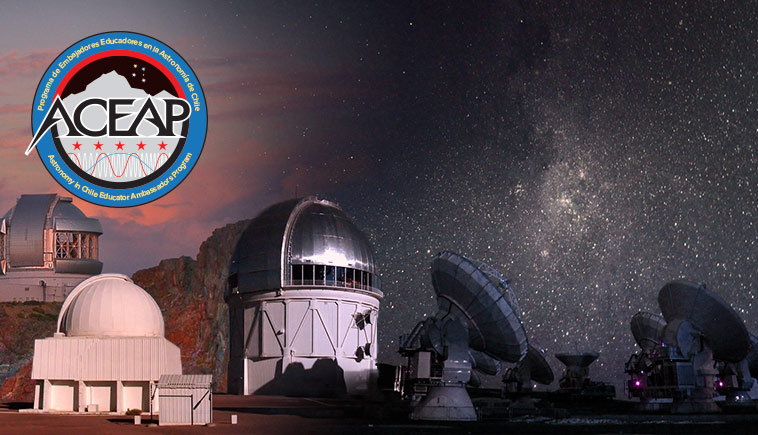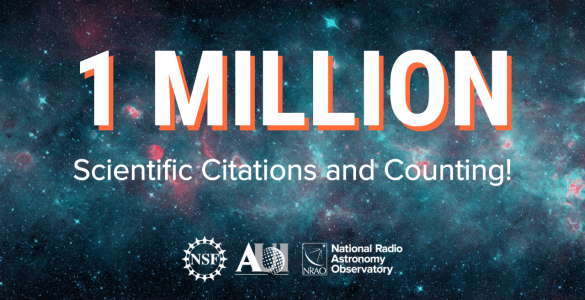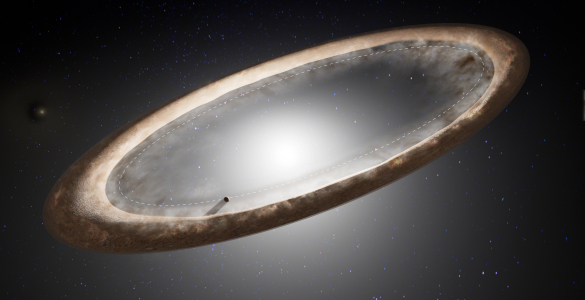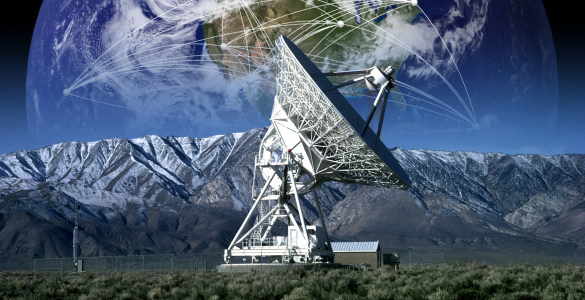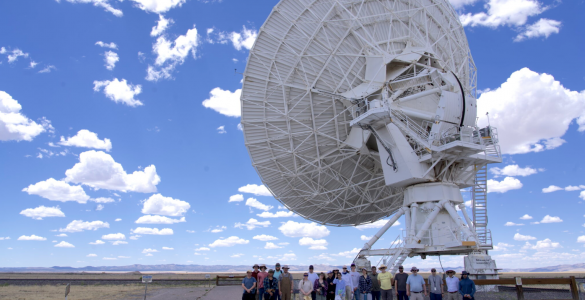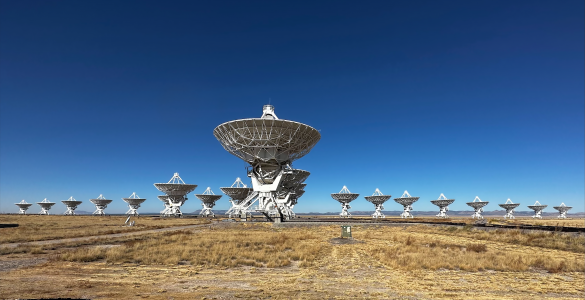If you have a love of astronomy, a thirst for travel, and a desire to share this passion with others, apply now to become one of the first participants in the Astronomy in Chile Education Ambassadors Program (ACEAP).
This program, which is beginning its inaugural year, will bring amateur astronomers, planetarium personnel, and astronomy educators of all levels to several of the U.S.-funded astronomy facilities in Chile. While there, this first class of ambassadors will receive in-depth science instruction and behind-the-scenes tours of some of the world’s most advanced astronomy observatories. In addition, participants will practice essential communication skills to help share these exciting experiences with others.
The Astronomy in Chile Educator Ambassadors Program is a collaborative project of Associated Universities, Inc., the National Radio Astronomy Observatory, the National Optical Astronomy Observatory, and Gemini Observatory. It is supported by the National Science Foundation.
To be eligible for this program, applicants must be U.S. citizens. They also must be either amateur astronomers, kindergarten through college (formal and informal) educators who teach astronomy as part of their curriculum or program, or planetarium educators.
A total of nine ambassadors will be selected each year from across the United States and its territories. Throughout late winter and early spring, ambassadors will attend a series of virtual meetings and online training sessions to prepare them for the expedition.
The inaugural trip is scheduled for June 20-30, 2015. The nine-day expedition will include stops at the Cerro Tololo Inter-American Observatory (CTIO), Gemini-South Observatory, and the Atacama Large Millimeter/submillimeter Array (ALMA).
Participants will also experience Chilean culture and society, and the emerging astrotourism industry in Chile. In addition to the professional facilities, ACEAP Ambassadors will visit smaller amateur/public observatories. Weather permitting, nighttime observing opportunities will be made available.
ACEAP takes a shared cost approach: The majority of the cost for each ambassador will be covered by the NSF grant. Each ambassador (or their institution or sponsor) will be responsible for round-trip airfare from the United States to Santiago, Chile, and from Santiago to Calama and La Serena. Additional details can be found on the application site.
To learn more about the program and to apply, go to: https://public.nrao.edu/look-deeper/aceap/about-aceap
Contact: Tim Spuck, ACEAP Principal Investigator
tspuck@aui.edu
1 434-244-6804






